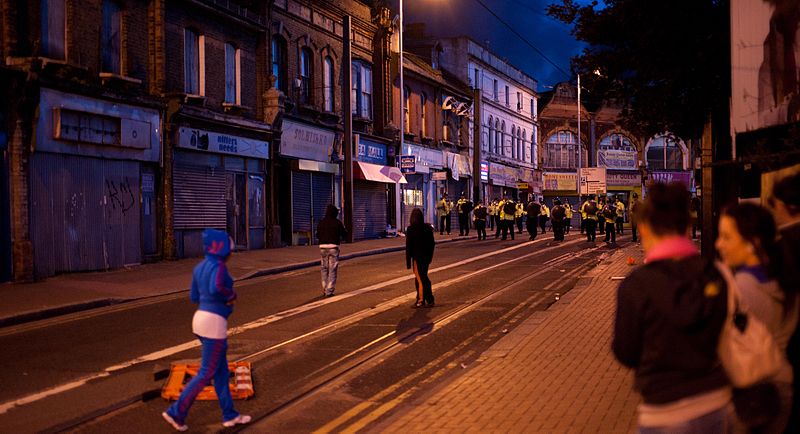
Cash-strapped councils across the UK are dimming street lights in a bid to save up to £1 million annually, sparking concerns from safety groups about increased risks for
women at night.
With budgets stretched thin, numerous local authorities have opted to reduce the brightness of street lights on main roads during nighttime hours, a cost-cutting measure that some argue could jeopardize public safety.
Croydon London Borough Council, for instance, aims to trim expenses by up to £1 million per year through dimming their street lights. Similarly, Havering London Borough Council has made the decision to dim approximately 4,000 lights on main roads between midnight and 5 am due to financial constraints, admitting to passing their 'toughest budget ever' amidst a significant deficit.
Cornwall has also announced plans to switch off around 35,000 lights, more than half of its supply, within the coming months as part of an effort to streamline costs. While these measures are seen as necessary to balance budgets and prevent bankruptcy, critics argue that they pose risks to public safety, particularly for women.
Groups like Our Streets Now, which advocates against the public sexual harassment of women and girls, have raised concerns that reduced street lighting could make women more vulnerable to predatory behavior. They argue that low or no street lighting increases the risk of harm to women, citing research and the experiences of women across the country.
However, council leaders maintain that they are mindful of safety concerns. Ray Morgan, leader of Havering London Borough Council, acknowledges the worries surrounding safety and assures that lights on residential roads will remain at full power and brightness.
Similarly, Croydon London Borough Council defends its decision, citing potential savings of nearly £1 million annually through reduced lighting levels. After conducting trials, they reported no complaints or direct increase in street crimes during the testing period.
In regions like Hampshire and Cornwall, where significant cost-cutting measures are being implemented, concerns about women's safety persist. Hampshire County Council proposes extending the time streetlights are switched off, potentially saving £500,000 annually. In Cornwall, where over 35,000 lights are set to be switched off, the Women's Centre Cornwall charity highlights the importance of addressing the root causes of violence against women and girls, emphasizing education and cultural change.
While councils grapple with budget constraints, the debate over the impact of reduced street lighting on public safety, particularly for women, continues. Critics stress the need for comprehensive safety measures and consultation with local communities to address concerns and mitigate risks associated with dimming street lights. Photo by Raymond Yau from Croydon, England, Wikimedia commons.




































